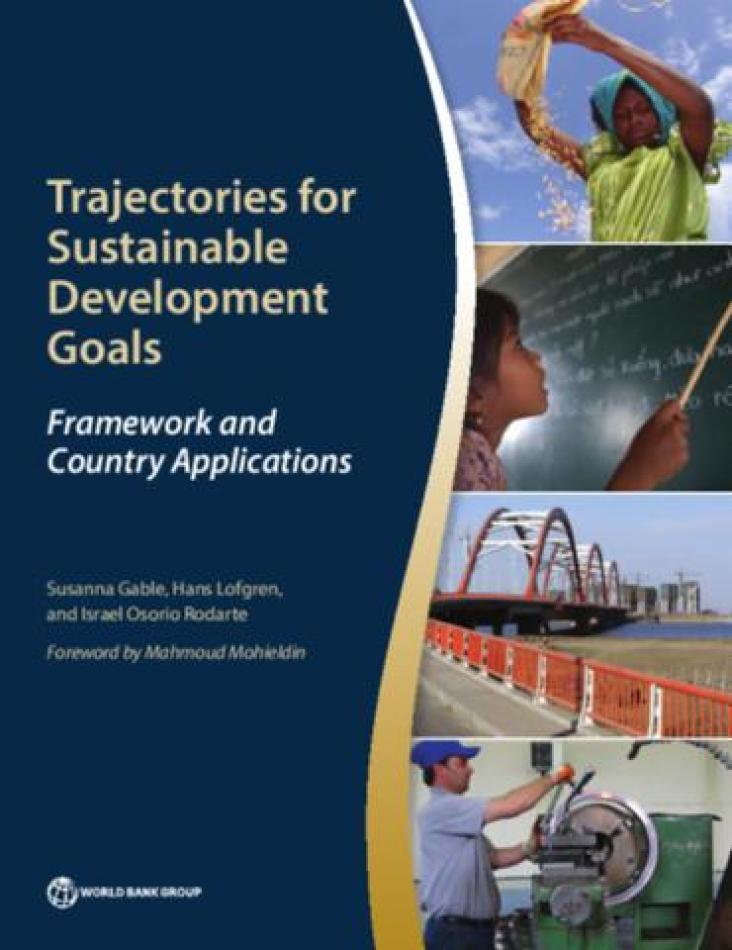Partner content
World Bank
The Atlas of Sustainable Development Goals 2020 presents interactive storytelling and data visualizations about the 17 Sustainable Development Goals.
Partner content
Global CitizenGlobal Citizen, 22nd April 2020
To mark Earth Day 2020, Global Citizen spoke with seven youth climate activists who shared their hopes for a future in which we take bold climate action. This article contributes to SDGs 1, 7, 13, 14 and 15.
Partner content
Global CitizenGlobal Citizen, 21st April 2020
Contributing to SDG 13, this article explores alternative ways to mark Earth Day that do not undermine efforts to tackle the COVID-19 pandemic.
Partner content
Global CitizenGlobal Citizen, 15th April 2020
Contributing to SDGs 3, 7 and 13, this article explores the serious threat posed by climate change to global public health.
Partner content
Global CitizenGlobal Citizen, 7th February 2020
Advancing SDGs 7 and 13, this article outlines why divesting from fossil fuels makes sense environmentally and financially.
Elsevier, the global information and analytics business specializing in science and health, is making over 5,000 subscription articles on climate change freely available for a test period. The articles contribute knowledge to advance Goal 13, Climate Action and are available through Mendeley, the reference manager and academic social network.

This book presents the country development diagnostics post-2015 framework, developed by the World Bank Group to assess the country-level implications of the post-2015 global agenda, as well as brief, ‘at-a-glance’ applications of the framework to ten countries: Ethiopia, Jamaica, the Kyrgyz Republic, Liberia, Nigeria, Pakistan, Peru, the Philippines, Senegal, and Uganda.
A number of property companies are going beyond traditional corporate responsibility to be net positive. Instead of opting for sustainability strategies that manage risk and reduce negative impacts, these companies are seeking to put back more into society, the environment and the global economy than they take out. Whilst the breadth and scope of these net positive commitments made by real estate leaders vary, there is enormous opportunity for this sector with sustainability and in supporting SDG 7 and 13.

Elsevier is collaborating with the UC Davis John Muir Institute of the Environment on a data science initiative. As part of the programme, an Elsevier John Muir Institute of the Environment Fellow will apply data and information science to the center’s environmental science and sustainability programs focused on the most serious impacts of climate change and advance knowledge on SDG 13.
The role of agriculture in flood risk mitigation has been largely overlooked in the UK government’s national flood resilience review. Farm leaders are concerned that the review contains little mention of agriculture, rural communities or food security. This highlights the need to address flood risk mitigation holistically to support SDG 13.1 to strengthen resilience and adaptive capacity to climate-related hazards and natural disasters, and SDG 2.4 to implement resilient agricultural practices that strengthen capacity for adaptation to climate change, including flooding.
